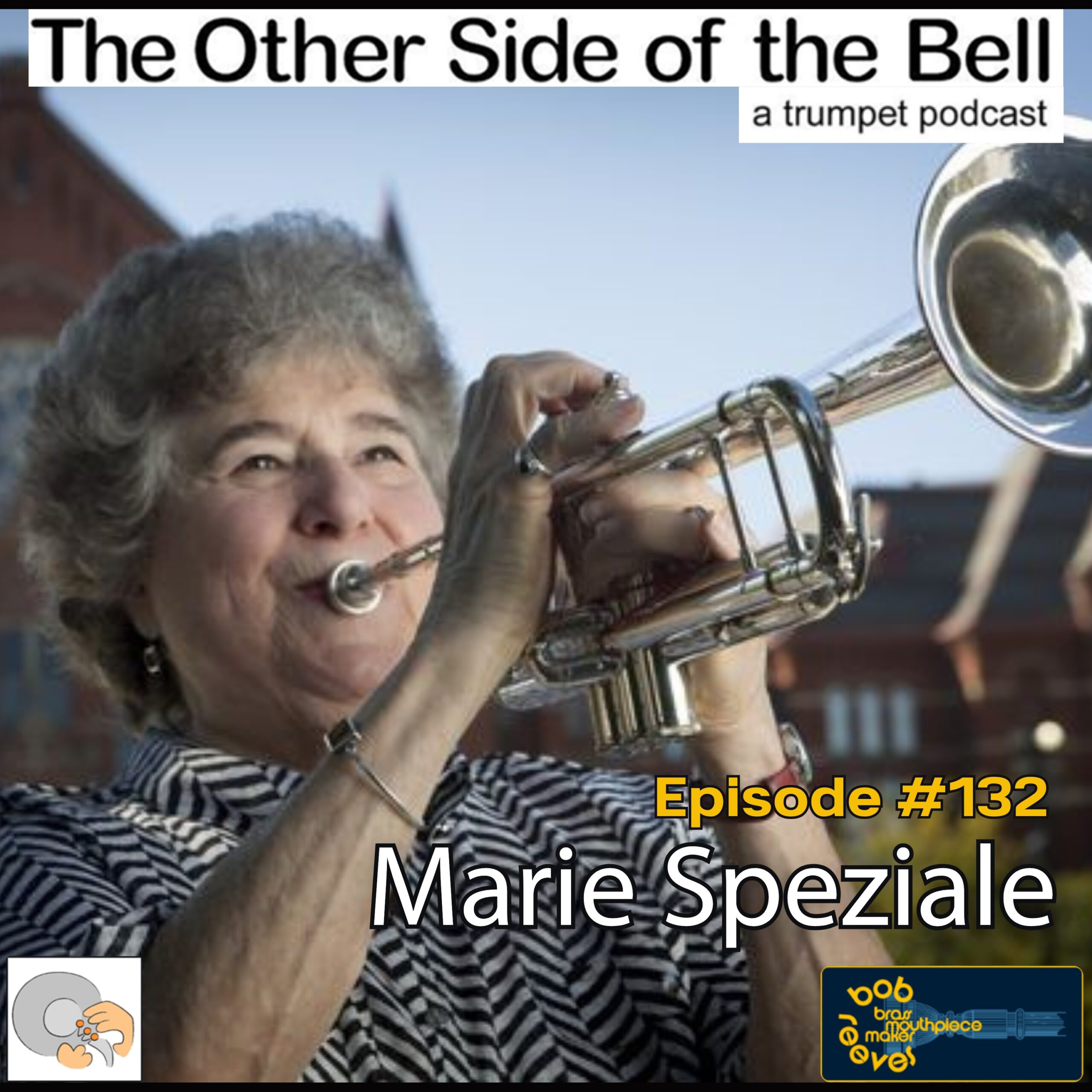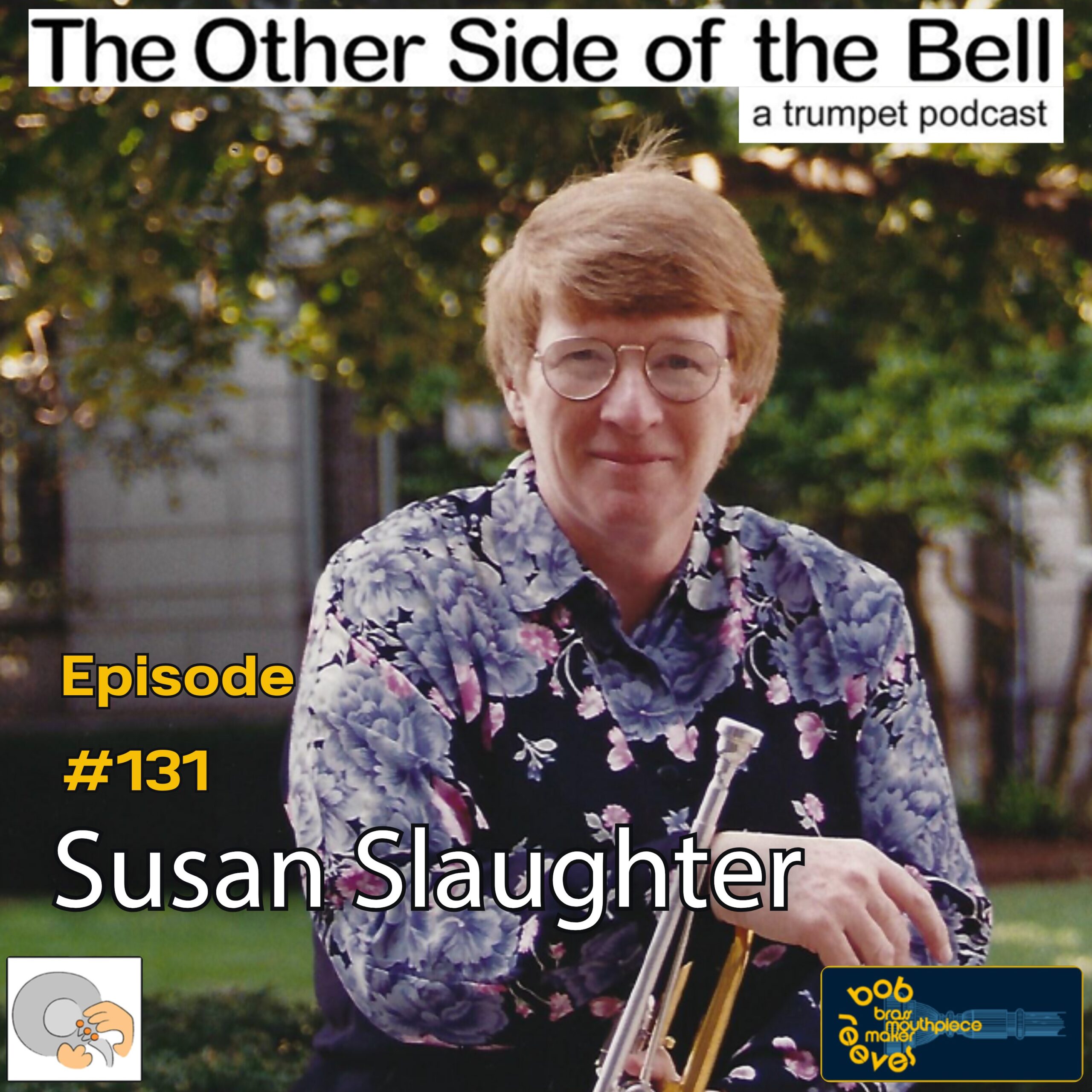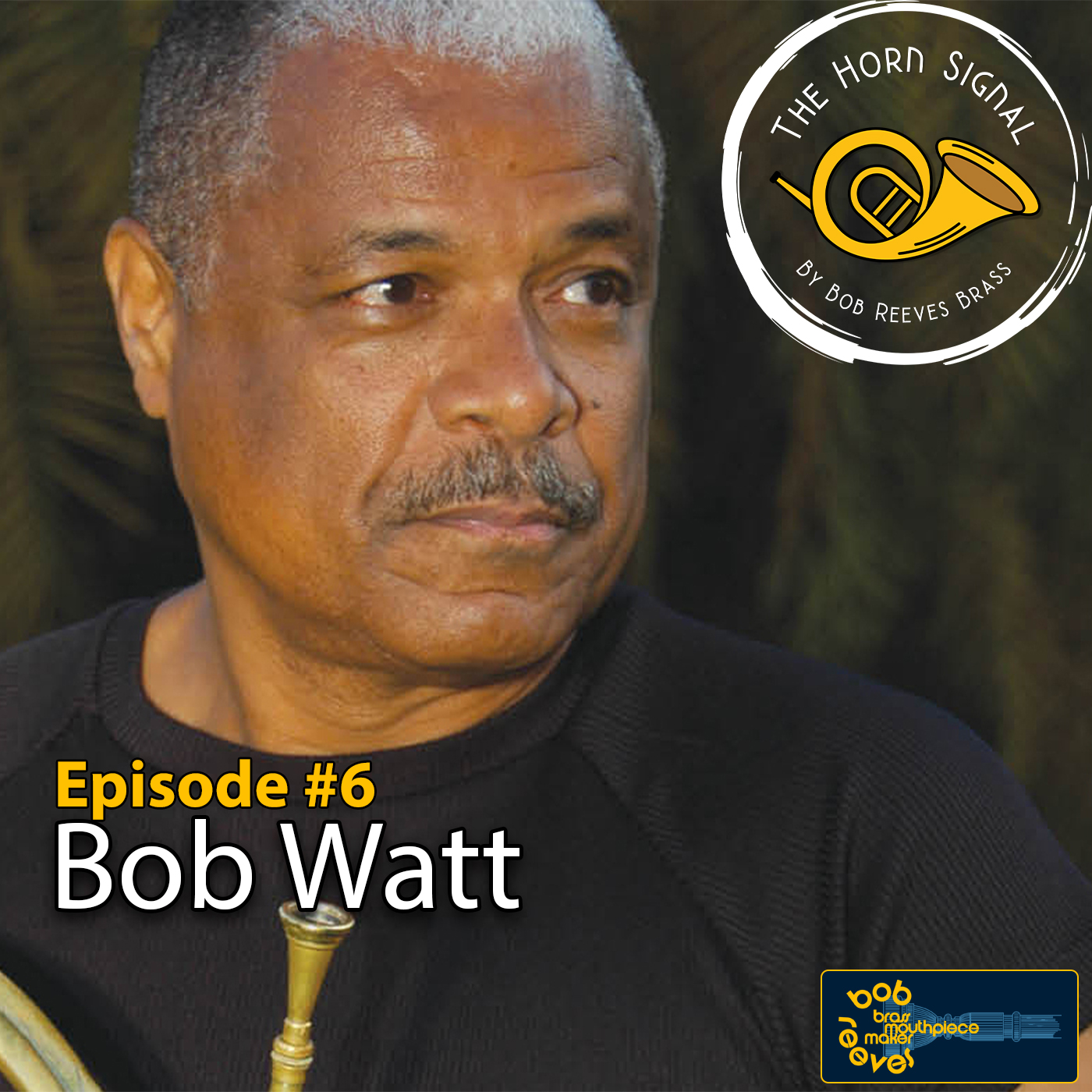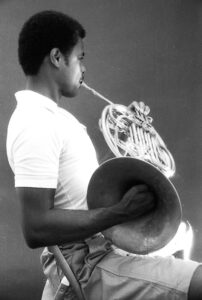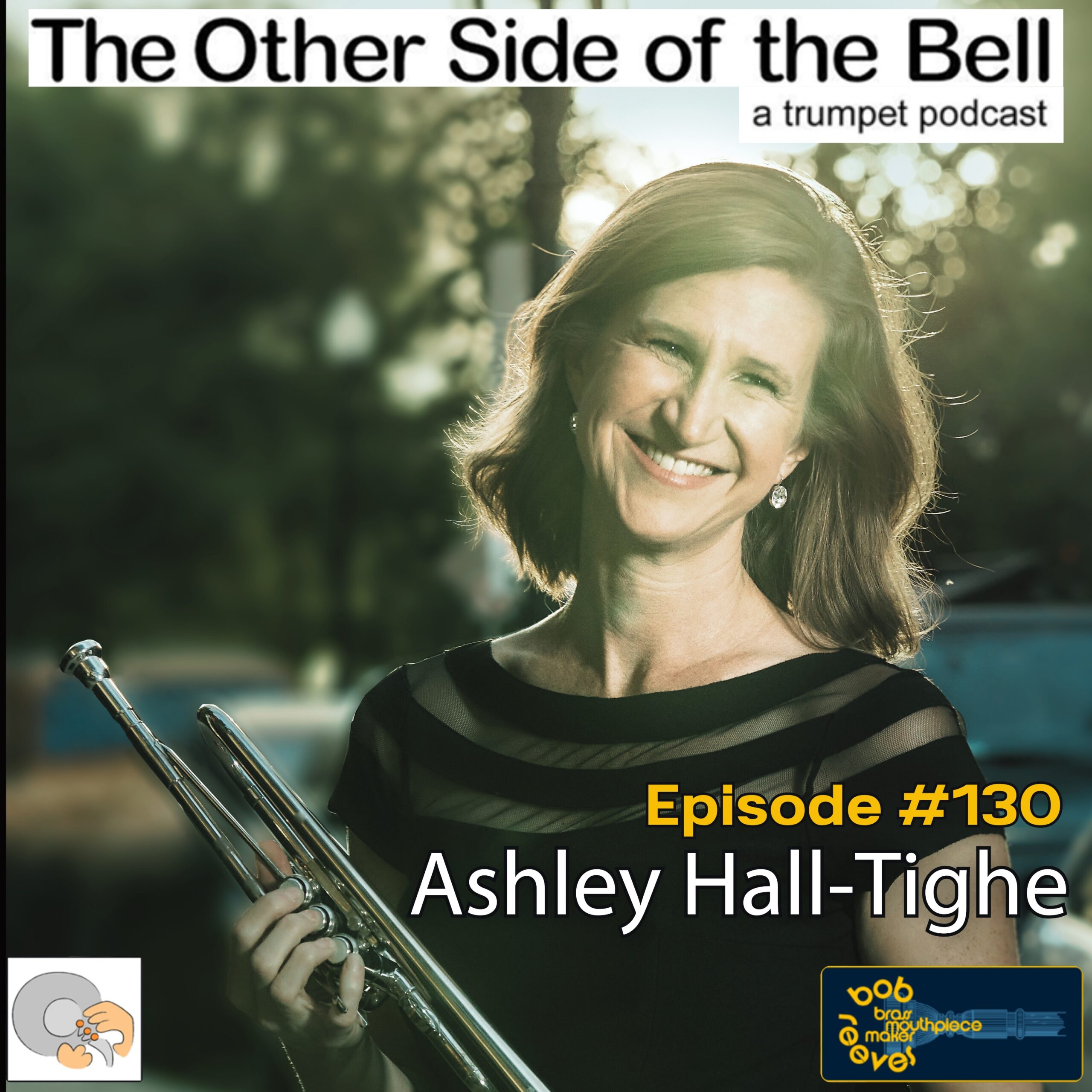Julie Landsman Horn Interview
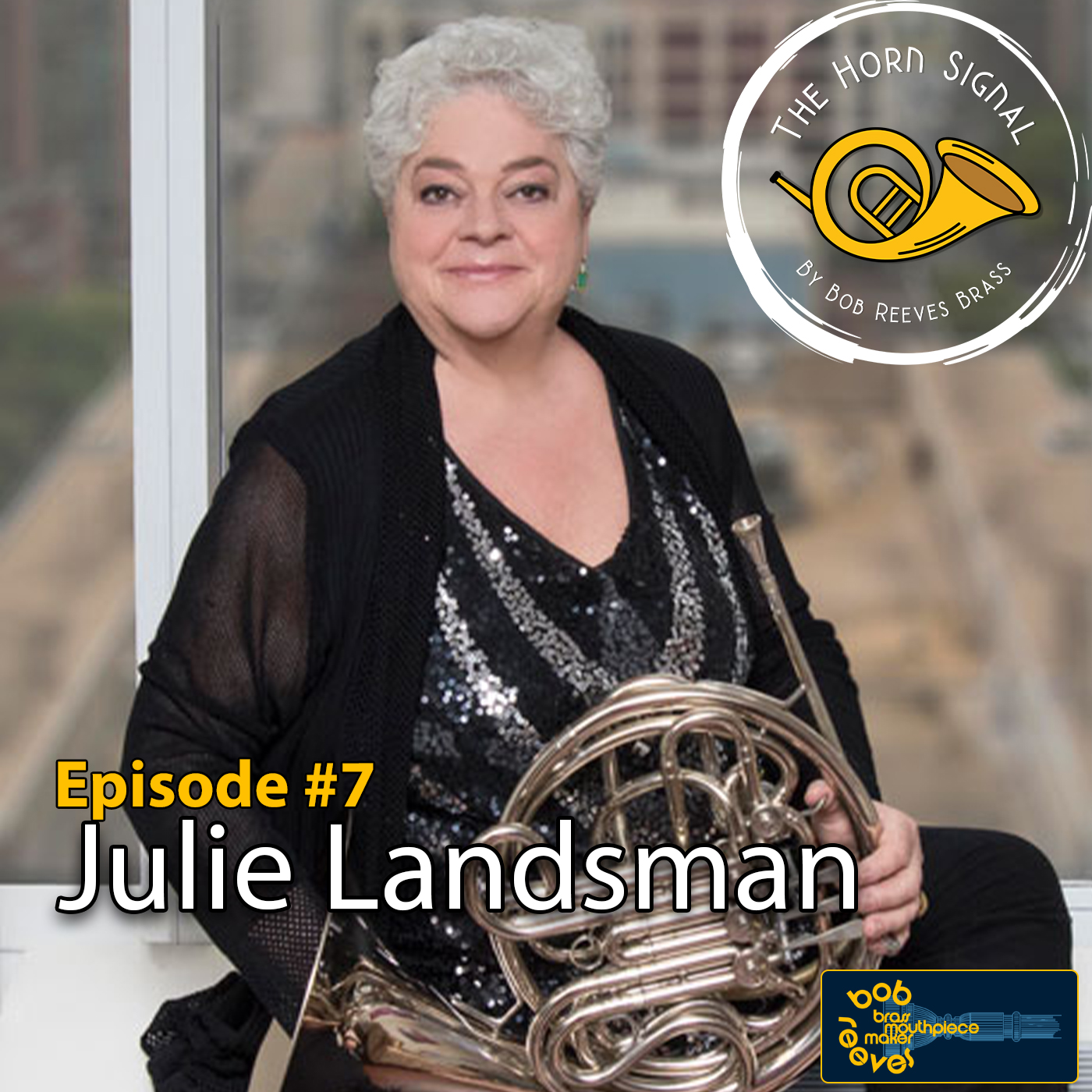
Welcome to the show notes for Episode #7 of Horn Signal! This episode features an interview with hornist Julie Landsman, formerly of the Metropolitan Opera.
Podcast: Play in new window | Download
About Julie Landsman
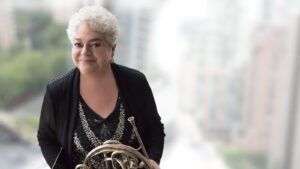
Principal horn with the Metropolitan Opera Orchestra for 25 years, Julie Landsman is a distinguished performing artist and educator. She received a bachelor of music degree from The Juilliard School in 1975 under the tutelage of James Chambers and Ranier De Intinis, and has served as a member of the Juilliard faculty since 1989.
A native of Brooklyn, New York, Landsman achieved her dream of becoming principal of the MET in 1985 and held that position until 2010. She has also shared her talent to many other ensembles within the city as a current member of the Orpheus Chamber Orchestra and having performed and recorded with the New York Philharmonic. Additionally, she has performed with numerous groups outside the city, including her co-principal position with the Houston Symphony, substitute principal position with the St. Paul Chamber Orchestra, and recent performances with The Philadelphia Orchestra as Associate principal horn, and the Los Angeles Chamber Orchestra, principal horn.
She has recorded for RCA, Deutsche Gramophone, CRI, Nonesuch and Vanguard labels, and is most famous for her performance of Wagner’s “Ring” cycle as solo horn with the MET Opera under the direction of James Levine. Landsman has performed as chamber musician at many festivals and concert series, including the Marlboro Music Festival, Chamber Music Northwest, the Santa Fe Chamber Music Festival, Sarasota Music Festival, La Jolla Summerfest, the Chamber Music Society of Lincoln Center, Orcas Island Chamber Music Festival, and the Metropolitan Museum of Art, where she appeared as a guest artist with the Guarneri Quartet. In the summers she performs and teaches at the Music Academy of the West , the Sarasota Music Festival, and the Aspen Music Festival.
World renowned as a master teacher, Julie Landsman holds faculty positions at The Juilliard School and Bard College Conservatory, and teaches frequently as a guest at the Curtis Institute. She has presented master classes at such distinguished institutions as The Colburn School, Curtis Institute, Eastman School of Music, Mannes College of Music, Manhattan School of Music, USC Thornton School of Music, Cal State Long Beach, Rowan University, University of Oklahoma, and University of Southern Mississippi, to name a few. She is also a visiting master teacher at the New World Symphony in Miami. Her international presence includes master classes in Norway, Sweden, and Israel. In 2016 Landsman was an honored jury member at the ARD horn competition in Munich, Germany.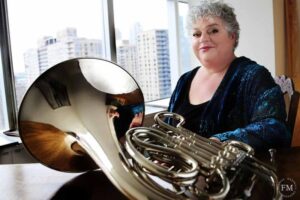
Her students hold positions in the Metropolitan Opera Orchestra, Philadelphia Orchestra, Los Angeles Philharmonic, San Francisco Opera and Ballet Orchestras, Washington National Opera Orchestra, Dallas Symphony, St. Louis Symphony, New Jersey Symphony, Colorado Symphony, and the American Brass Quintet. She recently received the “Pioneer Award” from the International Women’s Brass Conference and was a featured artist at the International Horn Society Conference in 2012 and 2015.
Her recent series of Carmine Caruso lessons on YouTube have led to further fame and renown among today’s generation of horn players. Landsman currently resides in Santa Barbara, California.
Julie Landsman Links
Podcast Credits
- “Haydn Symphony #31 “Horn Signal““, “Hornpipe” Water Music by Handel and “Elsa’s Procession to the Cathedral” from Wagner’s Lohengrin
- Audio Engineer – Preston Shepard
- Cover Art – Meg Ryia
- Podcast Hosts – John Snell and Preston Shepard
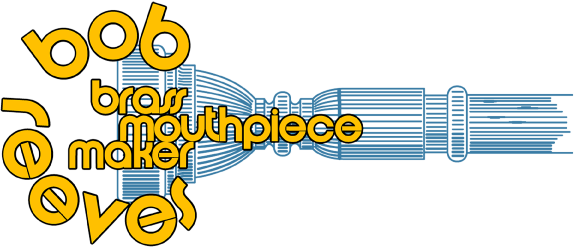


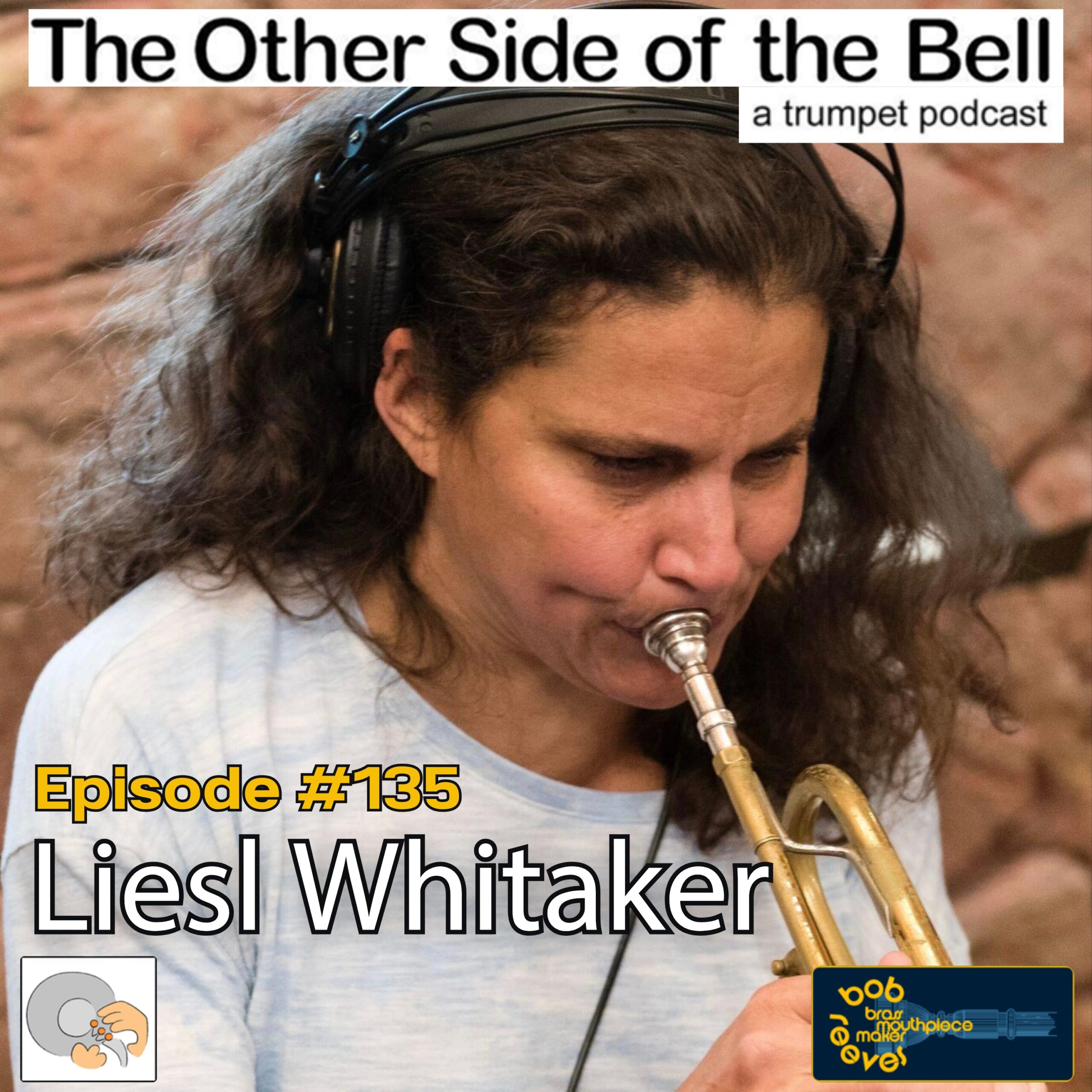

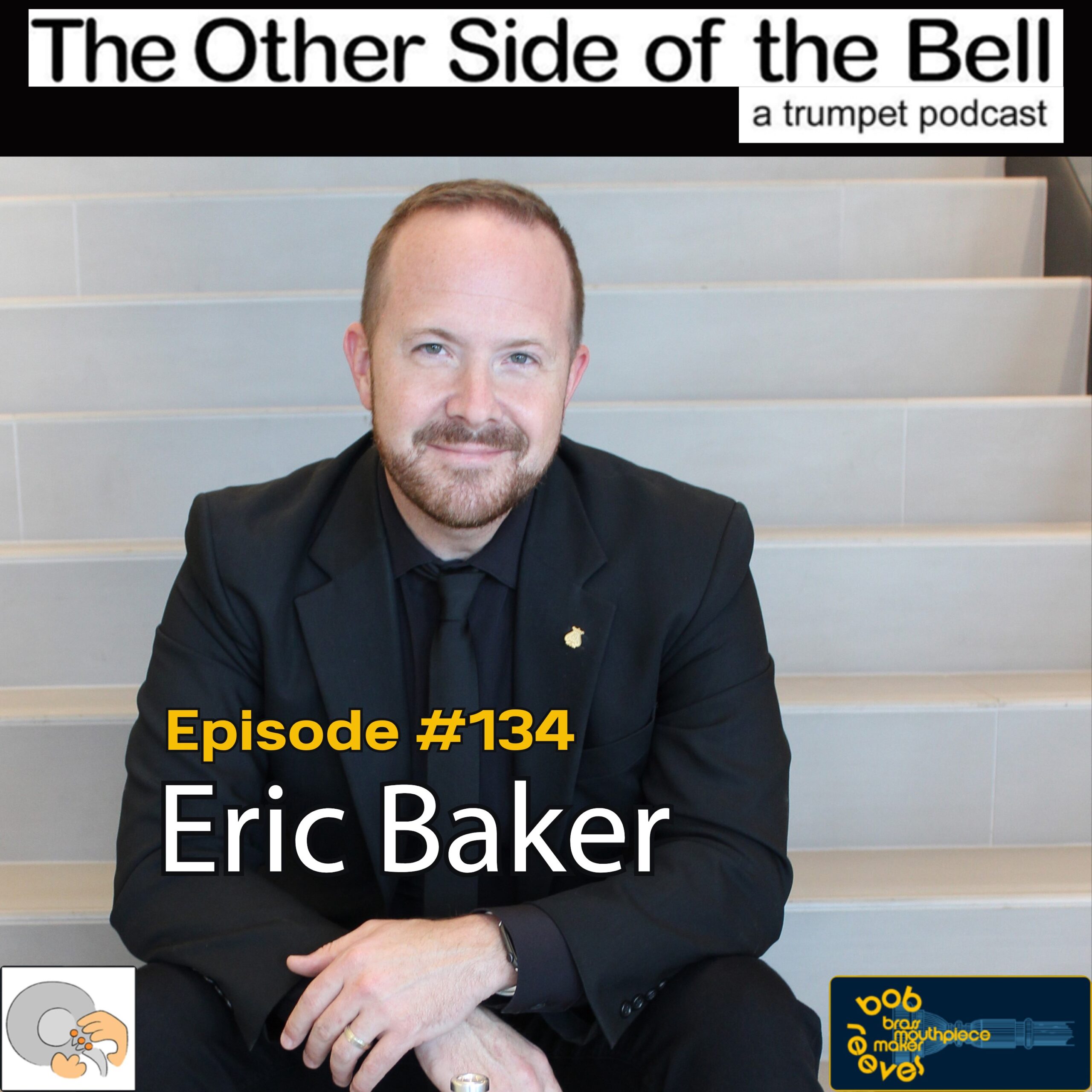
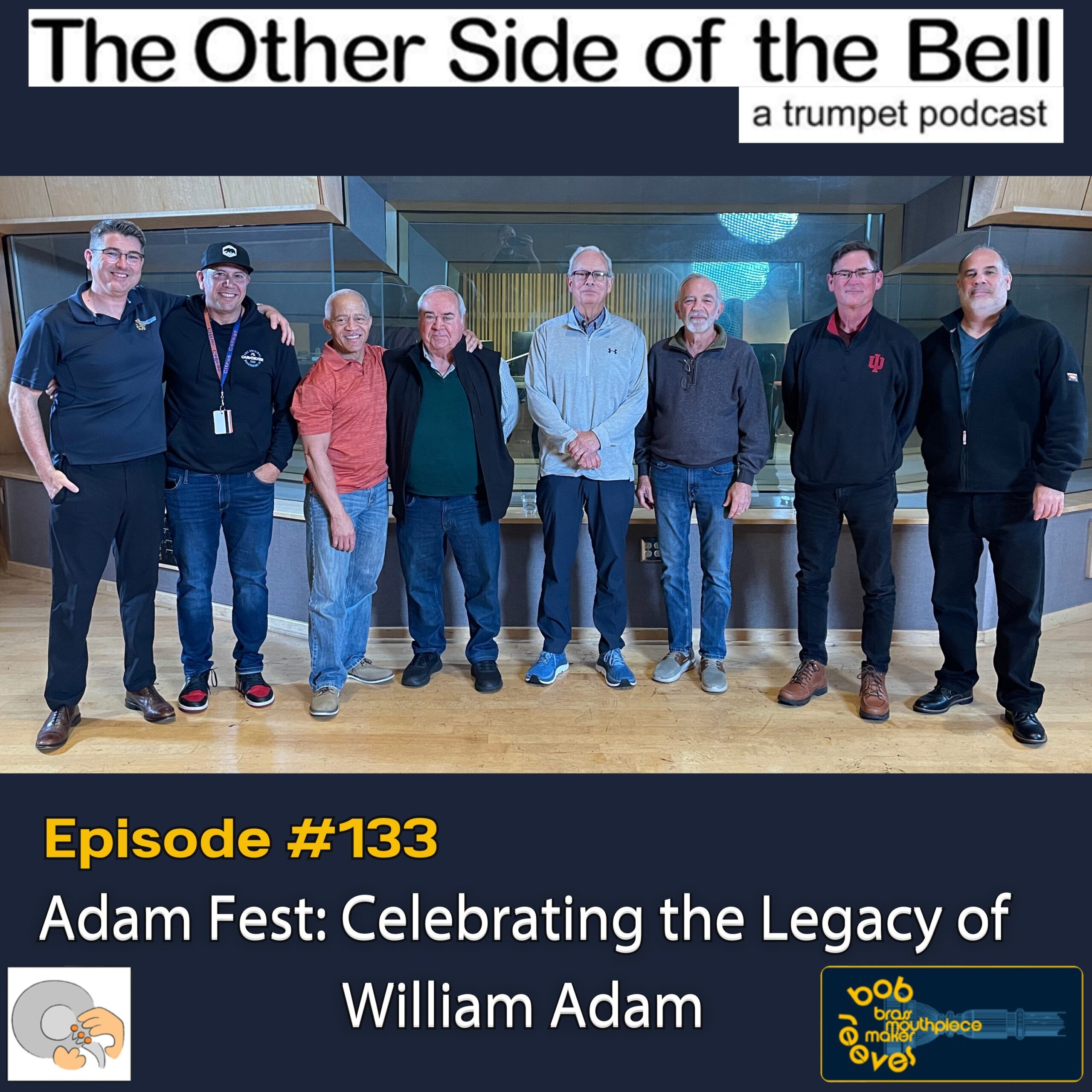

 This episode is brought to you by the
This episode is brought to you by the 